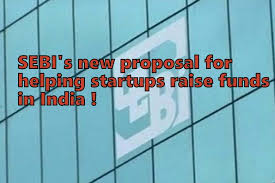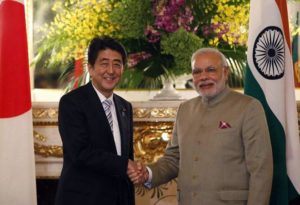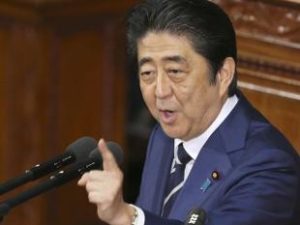 In a major boost for startups, capital markets regulator SEBI has relaxed its regulations for them to list and raise funds through a dedicated platform on domestic stock exchanges, rather than going overseas. Under the new norms approved by SEBI’s board, the stock exchanges would have a separate institutional trading platform for listing of startups from the new age sectors, including e-commerce firms, while the minimum investment requirement would be Rs 10 lakh.
In a major boost for startups, capital markets regulator SEBI has relaxed its regulations for them to list and raise funds through a dedicated platform on domestic stock exchanges, rather than going overseas. Under the new norms approved by SEBI’s board, the stock exchanges would have a separate institutional trading platform for listing of startups from the new age sectors, including e-commerce firms, while the minimum investment requirement would be Rs 10 lakh.
For their listing, SEBI has relaxed the mandatory lock-in period for the promoters and other pre-listing investors to six months, as against three years for other companies. Besides, the disclosure requirements for these companies have also been relaxed, SEBI Chairman U K Sinha told reporters after the board meeting.
At least 25 per cent of their pre-issue capital would need to be with institutional investors for technology startups, while this requirement would be 50 per cent for companies from other areas. Sinha said “Indian startup space is very vibrant and the country is ranked number five as far as startups are concerned. More than 3,100 startups are there in the country and a large number of M&As have also happened.” “However, most of these startups were thinking of listing outside. We have made a very special provision for startups,” he added.
According to PTI, under the new norms, 75 per cent shares can be reserved for institutional investors, while allocation can be on discretionary basis for such investors. For non-institutional categories, it will be on proportional basis.
SEBI has also provided for reclassification of promoters as public investors provided they let go all their special rights, including voting powers, and do not own more than 10 per cent stake. However, an outgoing promoter can serve as a CEO or hold other senior positions for up to three years if the same is approved by the company’s board.





